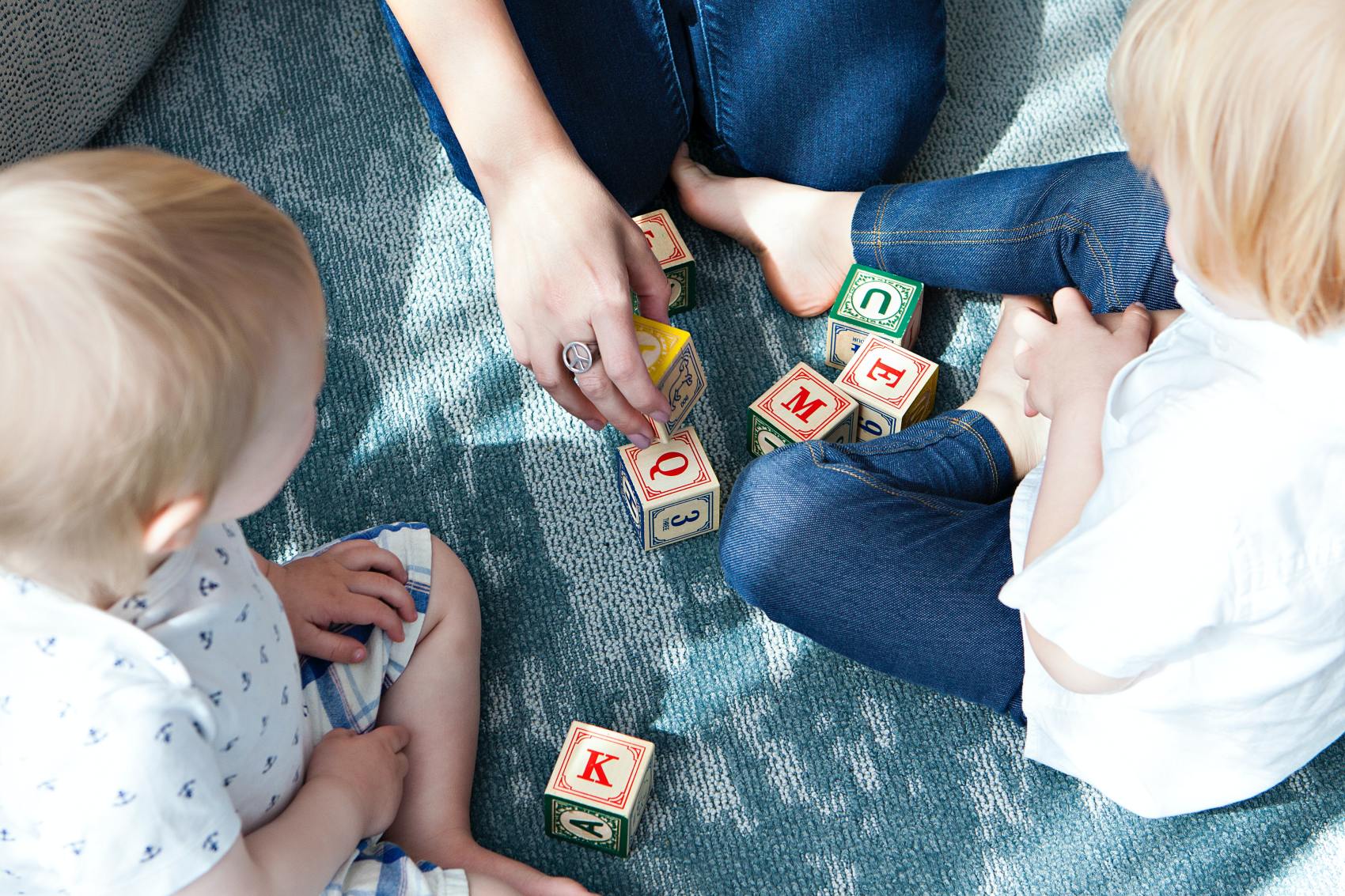Early Intensive Behavioral Intervention
Our Early Intensive Behavioral Intervention (EIBI) service is a comprehensive and evidence-based treatment program designed to help young children with autism spectrum disorder (ASD) develop fundamental skills and independence.
What is early intensive behavioral intervention?
Early intensive behavioral intervention (EIBI) is a specific type of therapy that supports children with autism who are four years old or younger when they begin treatment. The “intensive” aspect of the treatment is important. Typically, EIBI consists of 20-40 hours a week of individualized therapy and treatment usually continues for 2-3 years.
EIBI is an individualized form of treatment that can include any combination of the following:
One-on-one therapy
Home-based intervention
Parent education and coaching
Community-based services
Preschool preparation
Consultation with schools and other service providers
The Intercare Therapy team works closely with the family, teaching parents how to meet the unique needs of their child with autism.
What type of therapy is early intensive behavioral intervention?
Early intensive behavioral intervention is a type of applied behavior analysis (ABA), which is the basis of all therapies provided by the team at Intercare Therapy. ABA therapy combines learning science and behavior analysis to create treatment plans that help children with ASD learn new skills and improve desirable behaviors and decrease harmful and undesirable behaviors.
Like ABA therapy, early intensive behavioral intervention is a highly-individualized and flexible form of treatment. After an individual evaluation, the child’s treatment team identifies specific developmental and behavioral goals and creates a plan with small, measurable goals.
When the evaluation is complete, the team develops a program that fits the needs of you and your child, working with you to identify and prioritize goals and define how to measure your child's progress toward each goal. Parents, teachers, and caregivers play a pivotal role in the success of ABA therapy and receive training and support to help implement the treatment plan and guide the child toward success.
What should I expect during early intensive behavioral intervention?
According to the National Institutes of Health, the core elements of early intensive behavioral intervention include: “(1) specific teaching procedure referred to as discrete trial training; (2) use of a 1:1 adult‐to‐child ratio in the early stages of the treatment; and (3) implementation in either home or school settings for a range of 20 to 40 hours per week across one to four years of the child's life.” Early intensive behavioral intervention focuses on the following goals:
Teaching New Skills
EIBI involves highly-individualized plans that use behavioral analysis and techniques to help children with ASD learn new skills. It can be applied to educational skills as well as basic life skills, like using the toilet and practicing personal hygiene.
Reducing Behavioral Problems
The core challenges of autism make it difficult for young children to understand and communicate with their parents, siblings, teachers, and others in their lives. As a result, they often become frustrated, anxious, angry, or fearful, yet they’re not able to identify or communicate their feelings. The function-based approach of EIBI can be used to help decrease challenging behaviors that can interfere with learning, as well as to teach the child to replace problematic behaviors with more appropriate behaviors.
Family Support
Typically, EIBI also includes a family component, meaning that parents, as well as siblings and other caregivers, play a role in helping to implement, manage, or assist in treatment, which can make the treatment plan more effective in the long-term.
How effective is early intensive behavioral intervention?
A review of nine studies of the effectiveness of EIBI found that the treatment is associated with “large to moderate improvements in IQ and adaptive behaviour in children with autism compared to no intervention or eclectic treatment.”
If you need early intensive behavioral intervention for your toddler or preschooler, call Intercare Therapy or fill out the contact form online.




